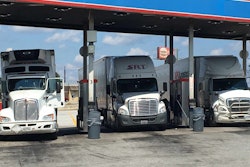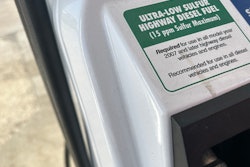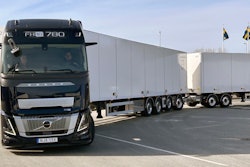Final mile is one of the fastest-growing sectors in transportation. UPS and FedEx have the majority of the B2C market, but a number of transportation companies are treading in their wake to handle larger-than-parcel shipments.
Some companies with final-mile services have come from the truckload sector. Schneider, J.B. Hunt, Werner and Penske are among those that offering end-to-end supply chain solutions.
Many less-than-truckload carriers have also created final-mile solutions by changing their equipment, technology and operations as the volume of larger-than-parcels (150 pounds or more) shipments continue to increase.
For-hire trucking companies that enter the final-mile sector have to adapt to a more service-oriented process for planning loads to meet consumer expectations, explains Brian Larwig, vice president of final mile solutions for TMW Systems.
Profitability is the ultimate goal, but competing in this sector is more about representing the customer’s brand to the end consumer and meeting expectations, he says. The expectations in the final mile of transportation have changed significantly in the last few years. Consumers want visibility of their order status and the ability to change their order — such as the delivery location — using the shipper’s website. And the expectations don’t stop there.
The expectations are “moving to bigger and bigger loads, from ordering a coffee mug to a truckload full of washers and dryers,” he says.
Monitoring for service










